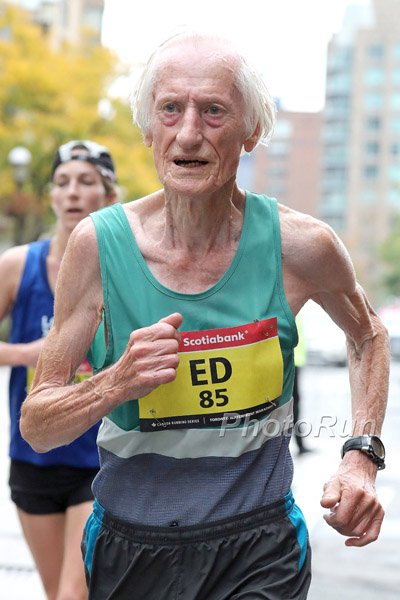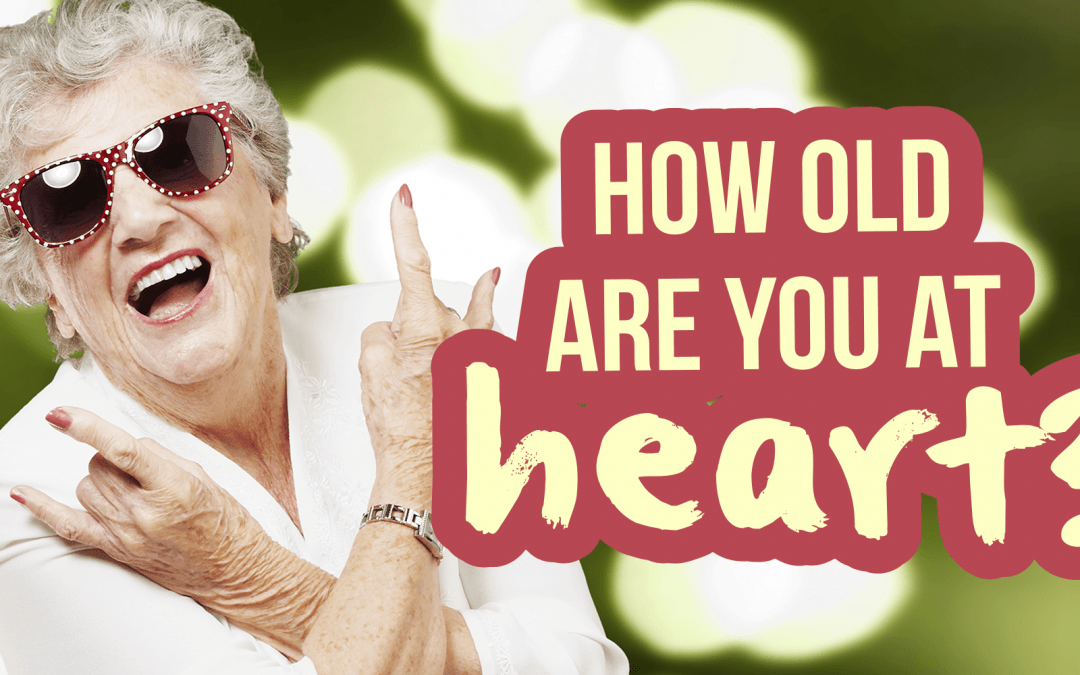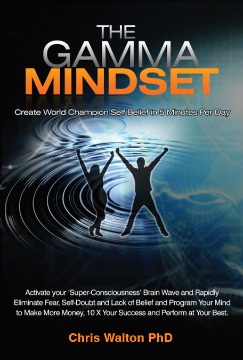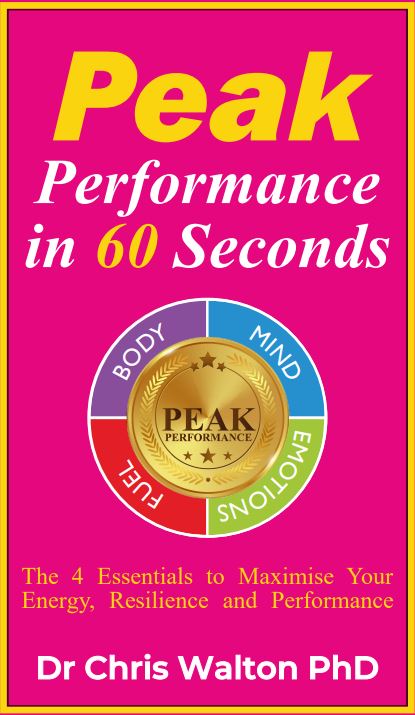How old are you?
You actually have 3 ages and only one of them is worth paying attention to…
First and most obvious you have your chronological age, how much time have you spent alive – the date on your birth certificate.
Secondly you have your biological age – how old is your body. We have all seen 60 year olds that look 40 and 40 year olds that look 60 ! Biological age can be measured by various tests; eye sight, grip strength, skin elasticity, balance tests among others. Obviously the younger your biological age as an adult the better shape you are in.
Thirdly you have your psychological age…Aha the cookie cutter…this is down to your overall mindset and belief systems. We may know people that have a young, upbeat, optimistic ‘age is irrelevant’ attitude, and maybe we know people that seem older than there years due to their negative mental attitude.
Back in 1979, psychologist Ellen Langar, then at Harvard University, and her colleagues devised an ingenious experiment to test the power of perceptions on the state of the physical body. Langar and her team hypothesised that they could reverse the biological ageing of a group of men aged 75 and older. That’s right—they were seeking to reverse physiological ageing.
We determine our age by our birthdays: You are 25, or 36, or 42, or 88. But another way to assess age is via physiological markers in the body and the cognitive function of the brain. Not all 56-year-olds are in the same condition: some are physiological older or younger than others who are their chronological age.
So, the intention of Langar and her team was to see if a person’s psychological perception of him- or herself as old or young could directly influence the biological ageing process. The experiment involved only men, who were taken to live together at a retreat centre for one week. Before they taken there, they were all thoroughly evaluated and tested for short-term memory, cognition, hearing, taste, sight, posture, perception and physical strength (which are many of the markers that help determine biological age, as opposed to chronological age). They also had their pictures taken.
The retreat centre was specially created to be a time capsule from 1959—everything in it, from the furniture to the appliances to the books and magazines to the music playing on the stereo, were indicative of 1959.
The men were not allowed to take anything with them, such as recent family photos, personal papers, books and so, that would remind them of the current time (1979), so they were thoroughly immersed in a world twenty years in the past. They were also carefully counselled and coached to act as if it were twenty years earlier.
They were to discuss their wives and families as if it were 1959, and were to pretend they were still working at the job or in the career of that year. The staff was very particular and paid attention to the tiniest detail. For all intents and purposes, these men were time-travelling back to a time when they were twenty years younger.
As any good study must, there was also a control group of men who were housed in another part of the retreat centre. The centre looked modern and current (1979) and the men were told to simply enjoy themselves as if they were on holiday. They had no instructions about dates, year, or time, so they were more or less just enjoying a week of retreat, with everything normal for 1979. As a control group, they would provide data about whether relaxing in a non-stressful atmosphere had any impact on the biological markers of ageing.
At the end of the week, all the men were tested once again for the markers of biological ageing, and their pictures were taken again. The before and after pictures were shown to a group of independent ‘judges’ who were asked to compare the two photos and say in which one the man looked younger and to guess how many years younger he appeared to be.
The judges did not know the reason they were being asked to compare the pictures, as they were unaware of the experimental set-up. This way they would be totally impartial. Almost unanimously, the impartial judges said the men in the post-retreat photos for the time-capsule group were younger—by an average of three years—than their pre-retreat photos. There was no difference for the non-time-capsule group.
The scientists then went on to do post-retreat physiological evaluations. Amazingly, the bodies of the men who had been living as if it were 1959 actually grew younger! For example, the lengths of the fingers, which tend to reduce or shrink with age, had increased, as had their hand grip strength. Their vision and hearing acuities improved. Nearly half of this group of men experienced an increase in IQ!
As astounding as it seems, Dr Langar provided an opportunity for these men to be psychologically twenty years younger, and their bodies followed suit! Their minds literally turned back their body-clocks. There were no such changes in biological markers for the men in the non-time-capsule group.
Another study on ageing was conducted by professor of preventative medicine Alexander Leaf, then of the Harvard medical school. He traveled the globe researching cultures that had many healthy centenarians—people who have reached their hundredth birthday.
He even found many people who were between 110 years old and 115 years old and still in good health. He gathered massive amounts of data about them and their internal and external environments, including the weather, their diet and their genetic dispositions. His conclusions were that none of these factors made a difference to how healthy they remained at such advanced age.
There was only one common denominator—their cultural beliefs about ageing. In all of these cultures, elders are greatly respected, so that growing old is an honour. The older you are, the wiser and more useful you are to your community.
These elders were surrounded by family members, peers and a culture at large that valued them and their life experience. The collective perception of ageing had a dramatic effect on the individual’s biological expression of ageing, keeping them vigorous, alert, and active, sometimes well into their second century.
We’ve all been told what to expect as we age—that it’s an inevitable process of our bodies and minds slowing down and even deteriorating. These studies and others put the lie to that belief.
Here’s one more very cool example…
This is Ed Whitlock;

He just set a New World Record for the Marathon of 3:56:34 – He is 85 years old !!!!



